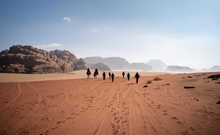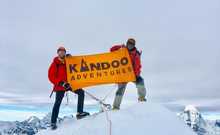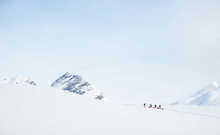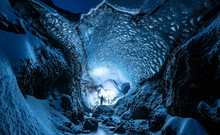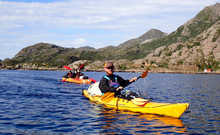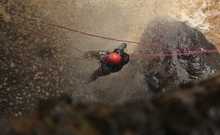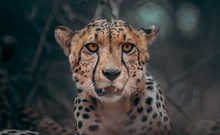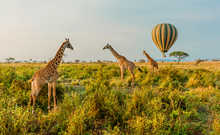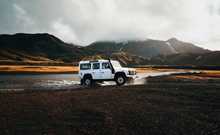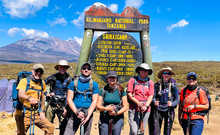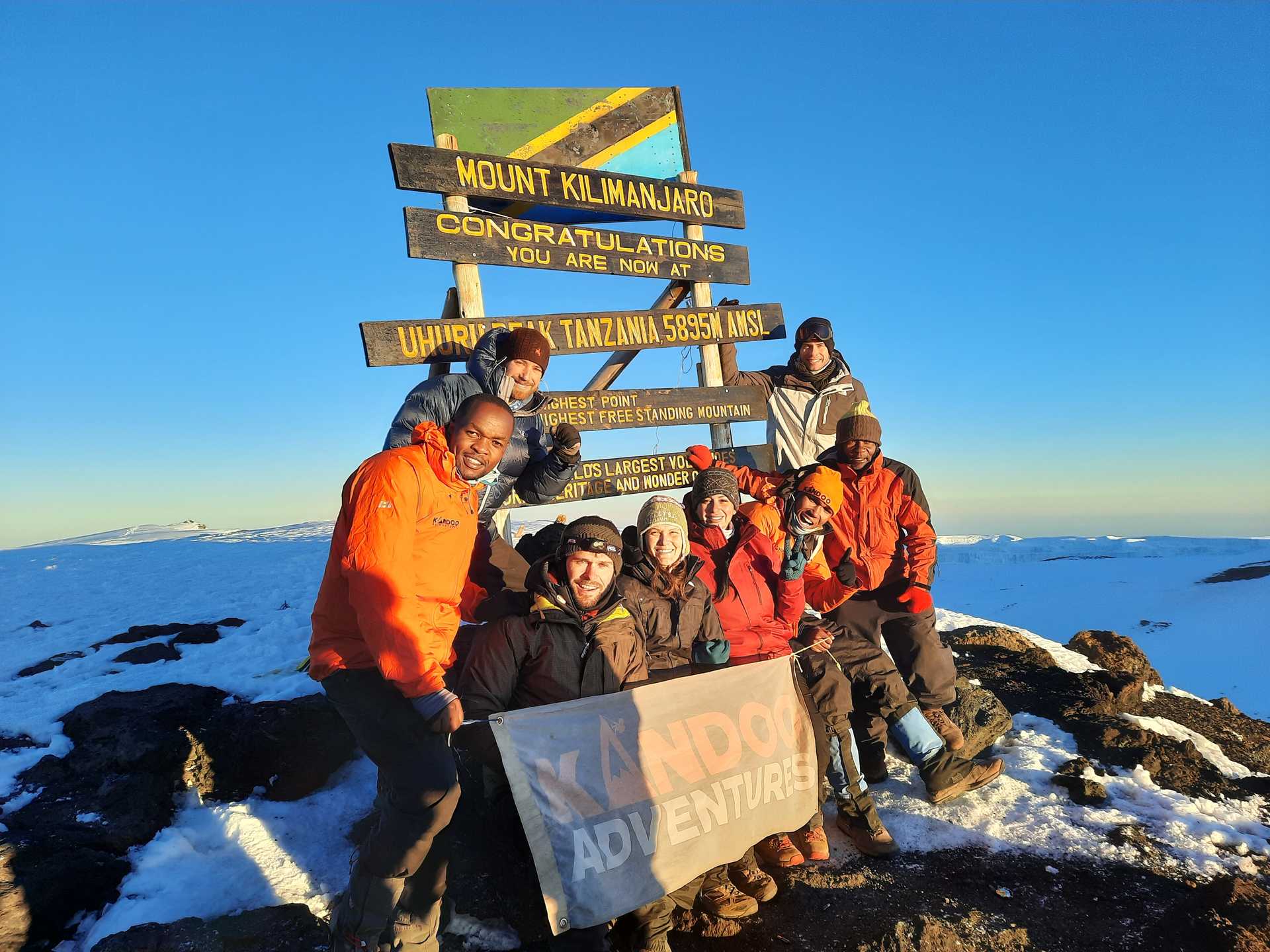how hard is it to hike kilimanjaro?
Do you really need training to take on the highest mountain
in Africa? You’ve heard Kilimanjaro is the easiest of the seven summits to climb, so you should just be able to strap your boots on and head on up to
the summit … right?
Mount Kilimanjaro is 5,895m high. This means that the top of
the mountain is at a high altitude. Trekking at high altitudes involves
planning and preparation. For this reason alone, Kilimanjaro is a challenging
trek for most people.
Do I need to train for Kilimanjaro?
You might be a gym bunny who spends hours working out every
week, a mountaineer with loads of summits under your belt, or a fell runner who
enjoys long-distance running. Even if you are super fit, it is a good idea to
train to climb Kilimanjaro. Training for Mount Kilimanjaro should
ideally involve trekking up mountains, over multiple days, to prepare your body
for ascending the highest mountain in Africa. A good level of fitness, a positive
mindset and proper acclimatisation to high altitude are all essential
for successfully summiting Kilimanjaro.
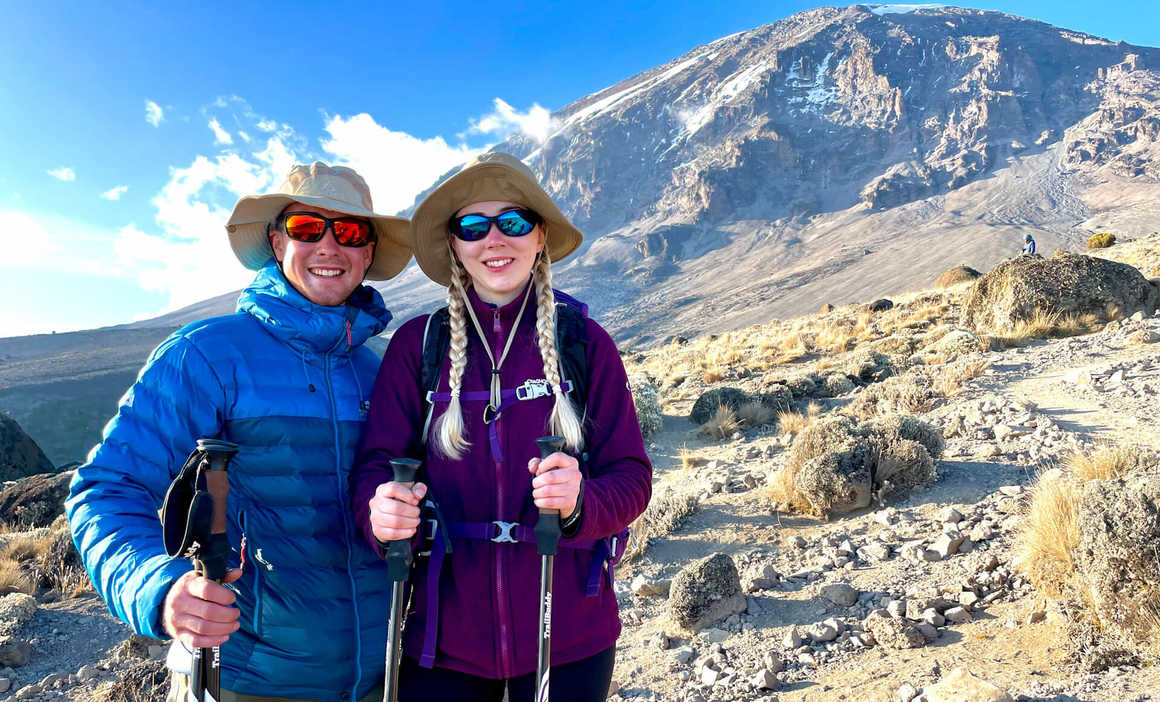
Why training to climb Kilimanjaro is a good idea
Reason 1: Kilimanjaro is a proper mountain
Even though you’ll be trekking on well-established trails
and the majority of your gear will be carried by porters, you’re still looking
at a long and steady ascending trek, then descending back down again. If you
attempt to tackle a trek of this magnitude without preparing properly your body
is not likely to thank you for it and you risk not reaching the summit at all. Mount
Kilimanjaro is the highest mountain in Africa - it is almost 6,000m high and it
should not be underestimated. Climbing Kilimanjaro is a challenging
trek, make no mistake!
The reality is that you can’t go directly from pub to peak
without getting some decent trekking experience in first.
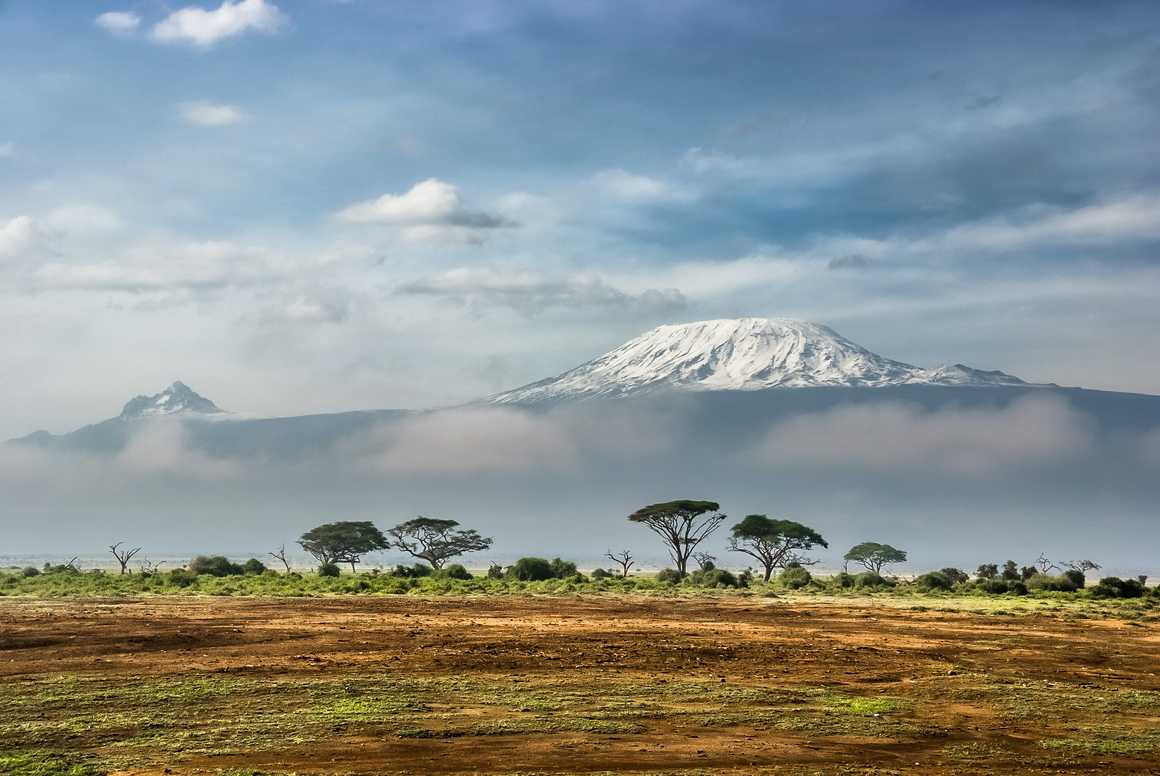
Reason 2: The higher you go, the thinner the air gets
Regular exercise and training will help to improve your
respiratory and cardiovascular performance – these will help your body to cope
with depleted oxygen levels. Wherever you live, trying to get some decent hill
walking or mountain trekking in before your trip to Tanzania is a really good
idea. If you can get out on consecutive days for more than half a day at a
time, even better! There are plenty of peaks in the US, UK and Europe that will
help train your body for uphill walking, thinner air and long-distance
trekking.
Kandoo Adventures is based near the Lake District, so the team
like to head up the northern Lake District fells such as Skiddaw, Blencathra
and Helvellyn, for example.
If you can, spend a few days getting used to a higher
altitude before you begin exerting yourself on Mount Kilimanjaro. If you enjoy
an occasional ski or snowboard trip to the French Alps then you are more likely
to adapt to high altitude well, but if this isn’t possible, any cardio training
you can do will help improve your lung capacity which will help you cope with
higher altitudes better.
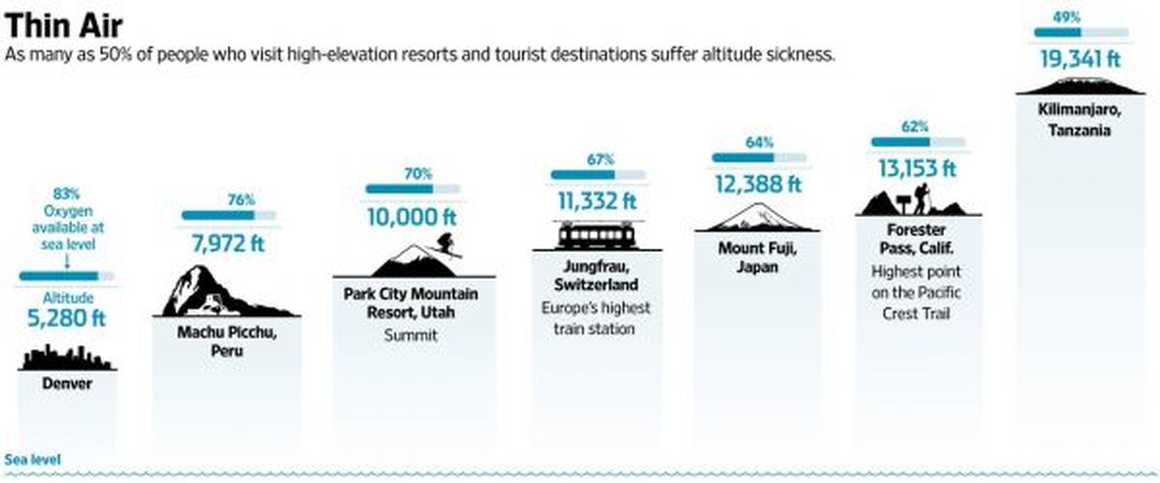
Reason 3: You want to try and avoid altitude sickness
Being in good health should be one of your priorities for
attempting a high altitude trek such as the ascent of Kilimanjaro. Think about
it. You don’t want to start this adventure of a lifetime feeling a bit rough,
only to feel progressively worse as you climb higher, and your body begins to
respond to reduced oxygen. Not only will this be wholly unenjoyable, but it
might affect your ability to reach the summit, which is basically why you’re
here in the first place.
Altitude sickness (also known as acute mountain sickness or
AMS) can affect anyone and affects everyone differently, but common symptoms
include headaches or dizziness, shortness of breath and muscle tiredness. Some people
should be able to manage these symptoms with everyday painkillers and they
should settle down as your body grows more accustomed to the altitude. But if
you begin to feel worse, start throwing up, hallucinating or experience any
other kind of severe symptom it’s time to call it quits and head back down the
mountain to a lower altitude. AMS can progress into high altitude pulmonary
edema (HAPE) or high altitude cerebral edema (HACE) both of which can be
life-threatening.
To summarise, the more time you spend at altitude before your
trek, the better equipped your body will be to deal with the lower oxygen
levels on Kilimanjaro. If training at altitude is not possible, make sure to
include plenty of cardiovascular workouts to help your lungs and heart become
better with less oxygen. Both of these will help to avoid acute mountain
sickness.
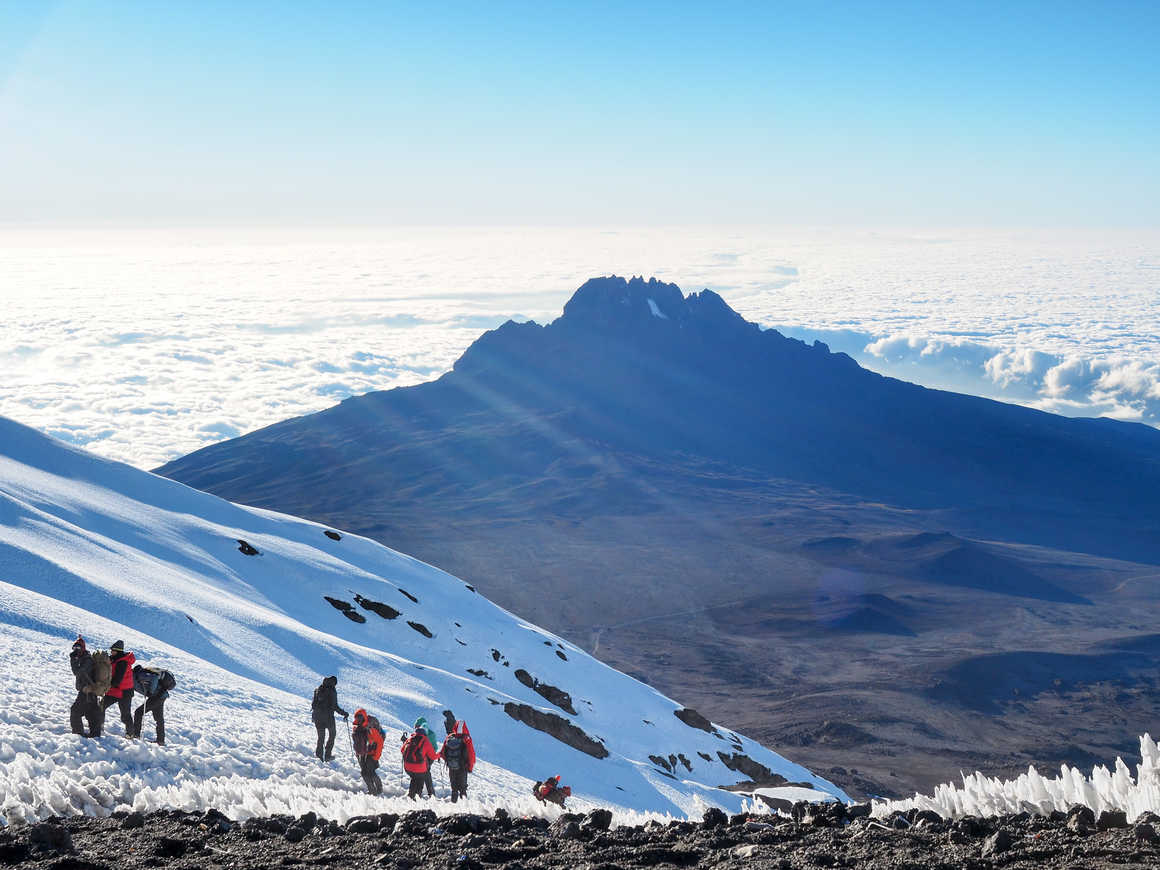
Reason 4: You need to be mentally prepared too
Even if you’ve got yourself physically fit, increased
your lung and heart capacity, laid off the booze and the late nights for a few
months, and acclimatised to high altitude, you’ll need to be mentally prepared
for the challenge too. The ascent of Mount Kilimanjaro isn’t a technical climb
– so no need for ropes, harnesses and helmets – but you will need stamina,
determination and positivity. Don’t underestimate how big an impact your state
of mind will have on your success at reaching the summit!
There are several techniques that can be used to prepare
your mind for a high altitude trek. Firstly, do everything you can to establish
the safety of what you’re doing. Trekking with the right travel company whose priority is the safety of their guests (like, for instance Kandoo
Adventures) means you’re less likely to end up a gibbering nervous wreck if
things get a little tricky. Our guests consistently feed back to us that our
mountain guides are amazing, so supportive, encouraging and nurturing. The support
of your group and crew are not to be underestimated so look out for a travel
company with the right kind of reviews on Trust Pilot.
As you’re climbing, don’t let your mind wander or fret about
what might happen; live in the moment and focus on enjoying where you are and
what you’re doing right now. If you feel that you’re tiring, set yourself mini
goals that are easy to achieve. You can make it that next ridge 500 metres
away, and when you do you can reward yourself with a five-minute stop to admire
the view. Again, you can start practicing all of these little mind-training
techniques – and maybe bung in a bit of basic meditation too – long before you
set foot in Tanzania.
